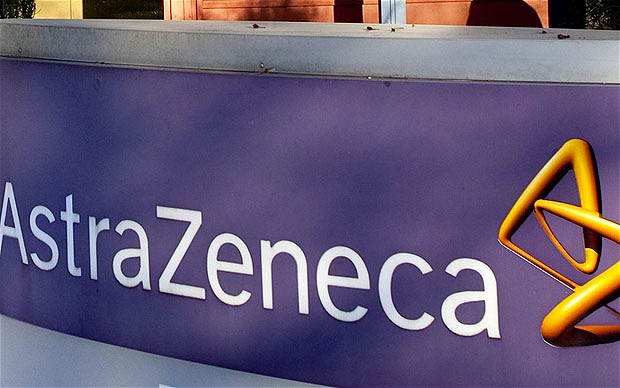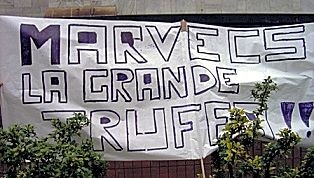Azienda – Cassazione Lavoro: nessun trasferimento se la realtà è stata creata ad hoc e non vi è know-how
Filo Straight - 28 March 2018 – Lorenzo Pispero
The Court of Cassation has ruled that, with regard to the transfer of a business branch, the same does not exist if at the same time as the transfer of the workers the transfer of a certain person is not found know-how, wealth of knowledge, matured in the company, which must be identified in a particular specialization of the personnel transferred, as it is essential to preserve the economic identity. There transferred realitymoreover, it must not have been created on the occasion of the transfer but must be pre-existing.
The case under consideration
The Court of Appeal of Milan, in reform of the sentence of the local Court, had ascertained the seamless existence of 
The Territorial Court had ruled out that in the present case a legitimate transfer of a business branch could take place lack of seniority requirement due to the discontinuity of his activity with the transferee.
Against the aforementioned decision, the unsuccessful pharmaceutical company lodged an appeal with the Court of Cassation, complaining, among the various grounds for appeal, the violation and false application of article 2112 of the Civil Code for the exclusion of the nullity of the transfer of the company branch in the absence of the requirement seniority, in what is no longer necessary pursuant to the amended text of the same article and in the presence of a slight modification of the activity of the workers transferred with it. Furthermore, according to the appellant, the judge had failed to point out that it was aentire line of business in its residual consistency, together with a know-how “consisting of a set of general knowledge, including non-specialist knowledge, consistent with the professional background of medical-scientific informants such as the workers of the transferred company branch”.
The decision of the Court of Cassation
The Supreme Court deemed the proposed appeal unfounded, reaffirming a consolidated jurisprudential approach, according to which "for the purpose of transferring the business unit provided for by article 2112 of the civil code, also in the text modified by article 32 of Legislative Decree n. 276/2003, the functional autonomy of the branch transferred, i.e. its ability, already at the time of the spin-off from the transferor complex, to provide for a specific purpose constitutes a constitutive element of the transfer 
Therefore, there is no business branch susceptible to transfer "in the absence of pre-existence of an autonomous and functioning productive reality”. This legal notion, not changed by the aforementioned article 32 of Legislative Decree no. 276/2003, presupposes the preservation of the identity of the production unit And precludes"outsourcing as an uncontrolled form of expulsion of uncoordinated fractions, of simple departments or offices, of non-autonomous articulations, unified only by the will of the entrepreneur and not by the pertinence of the relationship to an economic entity endowed with autonomy and objective functionality”.
Nor, in the judgment of the Court, in the present case were the conditions for the configuration of a business branch for the transfer of a group of employees with particular skills stably coordinated and organized among them, such as to make their activities interacting and capable of being translated into clearly identifiable goods and services, given that, with the transfer, similarly no one had proceeded to transfer a know-how identifiable in a particular specialization of the personnel transferred, taking into account that it was not an entire line of business that had been transferred but the network of medical-scientific informants of certain drugs produced by the pharmaceutical company.
For these reasons, the Court of Cassation deemed the appeal unfounded and sentenced the appellant company to pay the costs of the proceedings.
(Corte di Cassazione – Sezione Lavoro, Sentenza 24 gennaio 2018, n. 1769)
